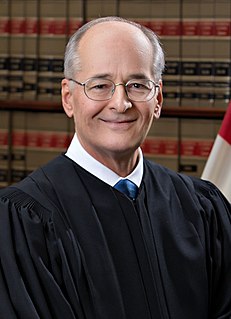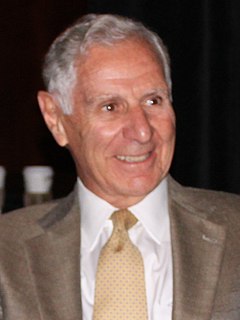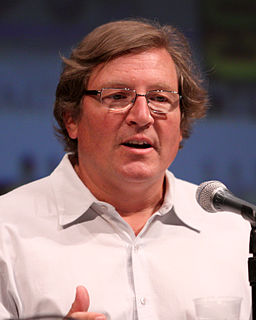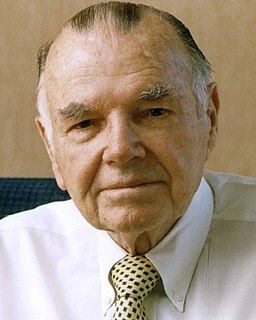A Quote by Ajit Pai
I think it's dangerous to make a decision based on where one thinks the public may or may not be. Aside from the fact that that's not what the law prescribes, it's also, I think, not what reasoned decision-making is all about... You always try to look at the facts and apply the law faithfully.
Related Quotes
The Supreme Court, or any court, when they make a decision, if that's a published
decision, it becomes virtually like a statute. Everybody is suppose to follow that law. Whether I decide to allow a law to become a law without my signature is simply
in effect expressing a view that while I don't particularly care for this, the Legislature passed it, it was an overwhelming.
vote, or maybe there were other reasons. But
my decision not to sign doesn't have to be followed by
everybody from that point on
You always, I think, debate with yourself about whether or not you made the right decision. And you have to then give the person that you’re working for - in my instance, the president - your best judgment based on your understanding of the facts, but also the calculus you use to make a determination about what’s the best way to go forward.
I always believe, with any kind of hero, that you want to believe that their decision-making is right. That ultimately, I can trust what that guy's sense of right and wrong will be. Even in a vigilante movie, where you are going against the law by definition, you still want to agree with the fact that your character is breaking the law.
the public sphere is as consistently based on the law of equality as the private sphere is based on the law of universal difference and differentiation. Equality, in contrast to all that is involved in mere existence, is not given us, but is the result of human organization insofar as it is guided by the principle of justice. We are not born equal; we become equal as members of a group on the strength of our decision to guarantee ourselves mutually equal rights.

































